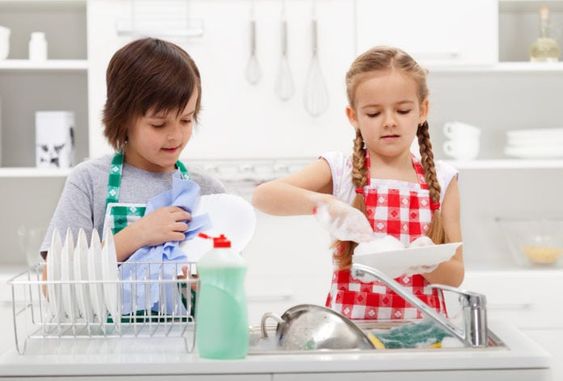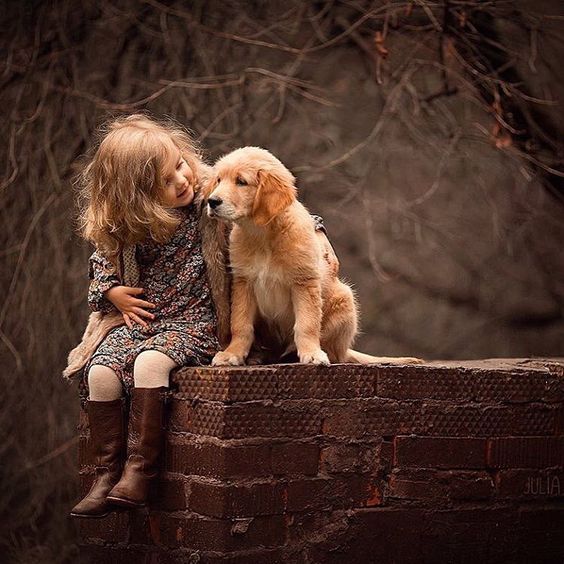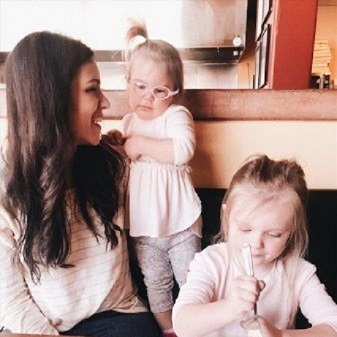
Teaching Your Children Responsibility
Responsibility plays a huge part in a child’s life; it helps them to be successful in school and in life. I’m sure there’s nothing else we want more as moms than to raise responsible children. So how do we raise our kids to take responsibility for their choices and their impact on the world? We can start by changing the way we see responsibility; we should see it as something joyful for our children. Instead of teaching our kids to handle themselves responsibly, we can teach them that they have the power to contribute positively. Kids, like the rest of us, need to feel like they matter to the world. Here’s how to incorporate responsibility into your child’s life.
Start Early
Handing out responsibility to children needs to start early. Most likely when they’re toddler age. For instance, you can have your child pick up his/her toys after he’s done playing with them or put his dishes up on the kitchen counter once he’s done eating. If your child is having a hard time with a task such as picking up their toys, you can get down on the floor and pick them up with him/her. But make sure that you’re not doing it for them. Try the “I’ll do one then you done one” approach, so they learn to take care of their responsibilities.
Identifying Responsibilities
When your child completes a task, make sure you’re making them aware of the fact that they took care of their responsibility and why they’re getting rewarded for it. The more you identify their responsibilities, the more conscious your child becomes of it.
Gradually Assigning Responsibility
Children learn responsibility gradually. You can start off by giving them age-appropriate chores. For instance, kindergarteners can help get themselves dress, make their beds and fill the pet’s bowl with food. While elementary school-aged kids can shower and wash their own head, put their own laundry away, take care of cleaning their bedrooms and so on. As kids get older, you can add on more chores that they’re expected to do that are appropriate for their age.
Let Them Help You
When it’s time to do housework, try not to mope and complain. Look happy to be doing housework and invite your kids to help, even if it makes the job take longer. This way you teach them all about teamwork and you spend quality time with them. When your children are invited to participate, they feel valued.
Talk About and Model Responsibility
Use inclusive “we” phrases over and over to show how you can easily solve problems or complete tasks. For instance, “now we put our plate in the sink” or “now that playtime is over, we pick up our toys”. Ask other family remembers or nanny to do the same. This way these actions quickly become a habit for kids.
Praise Them
Kids don’t see chores as work. They want to help. So when they do help, make sure you thank them after they’ve completed a task. Get in the habit of always offering praises for actions. This will help them take initiative and help them develop a sense of ownership for any repeated action.
Use Consequences and Rewards
It’s sometimes helpful for parents to hold their kids accountable by using consequences. You can withhold things like electronics or assign extra chores or extra work. Just like consequences you can also come up with rewards for when they’ve done a great job doing their chores. Rewards shouldn’t involve money or buying things. Rewards can be things like more screen time, going to the park, earning later bedtimes or more time with their friends.







